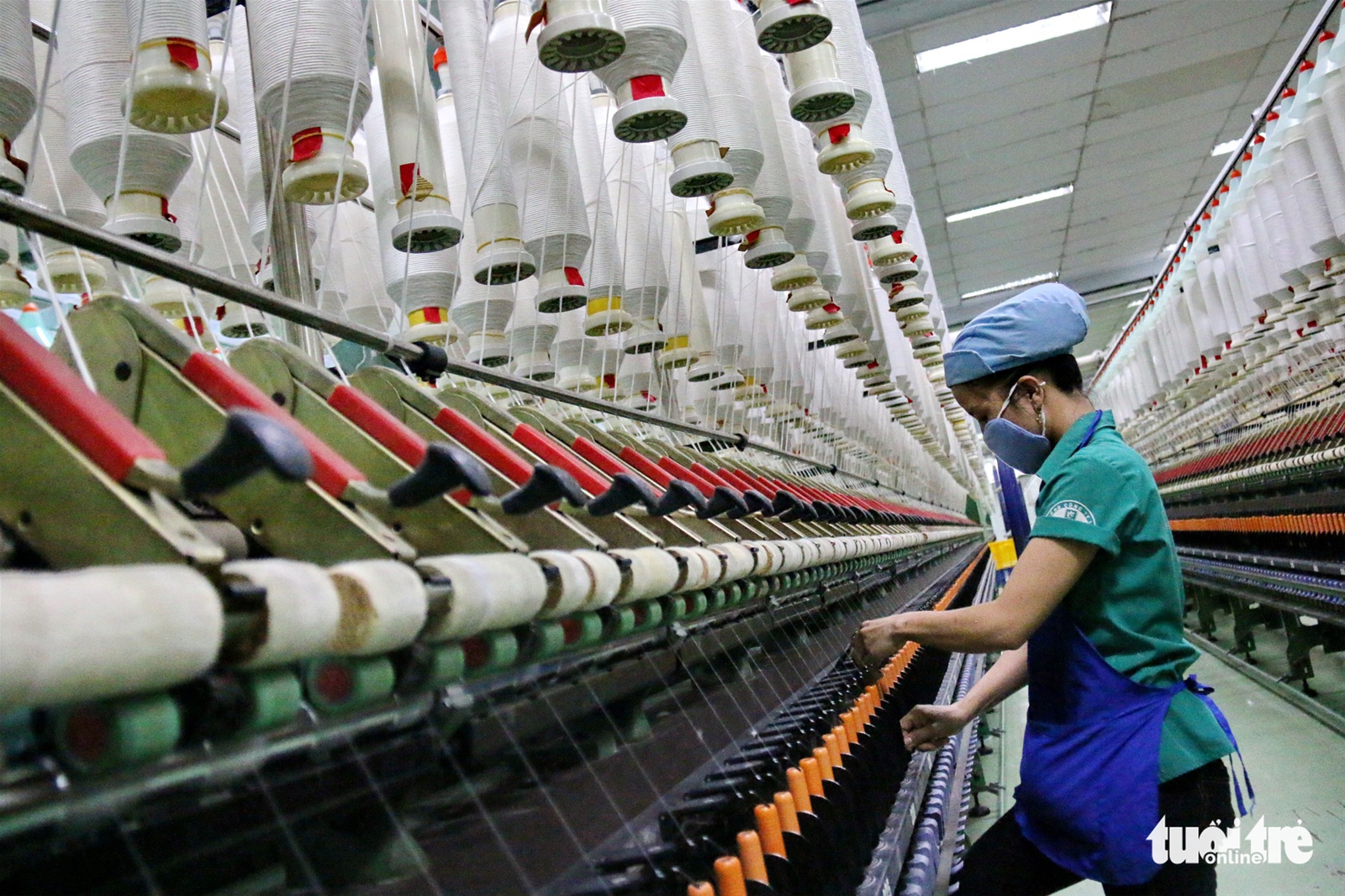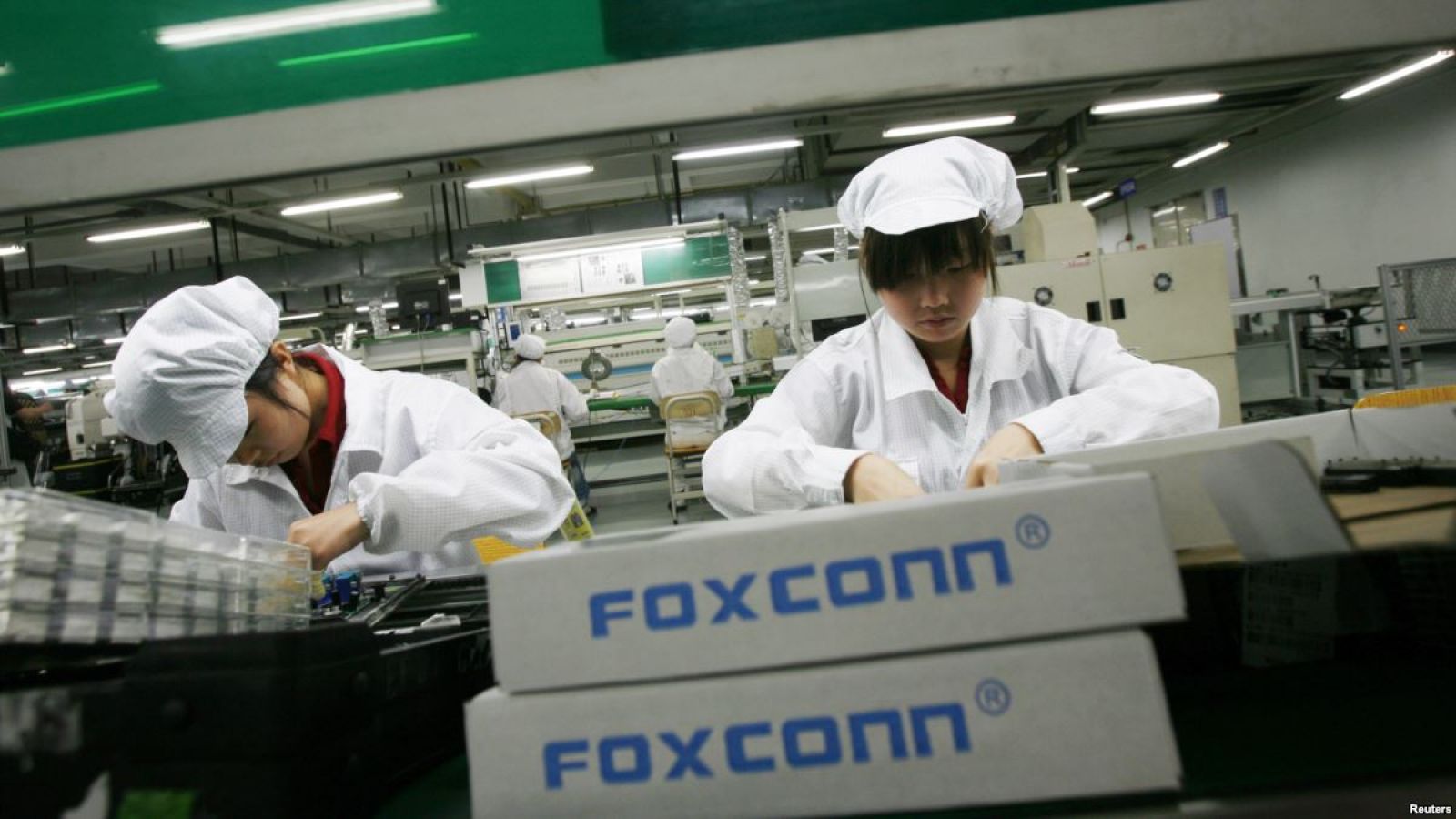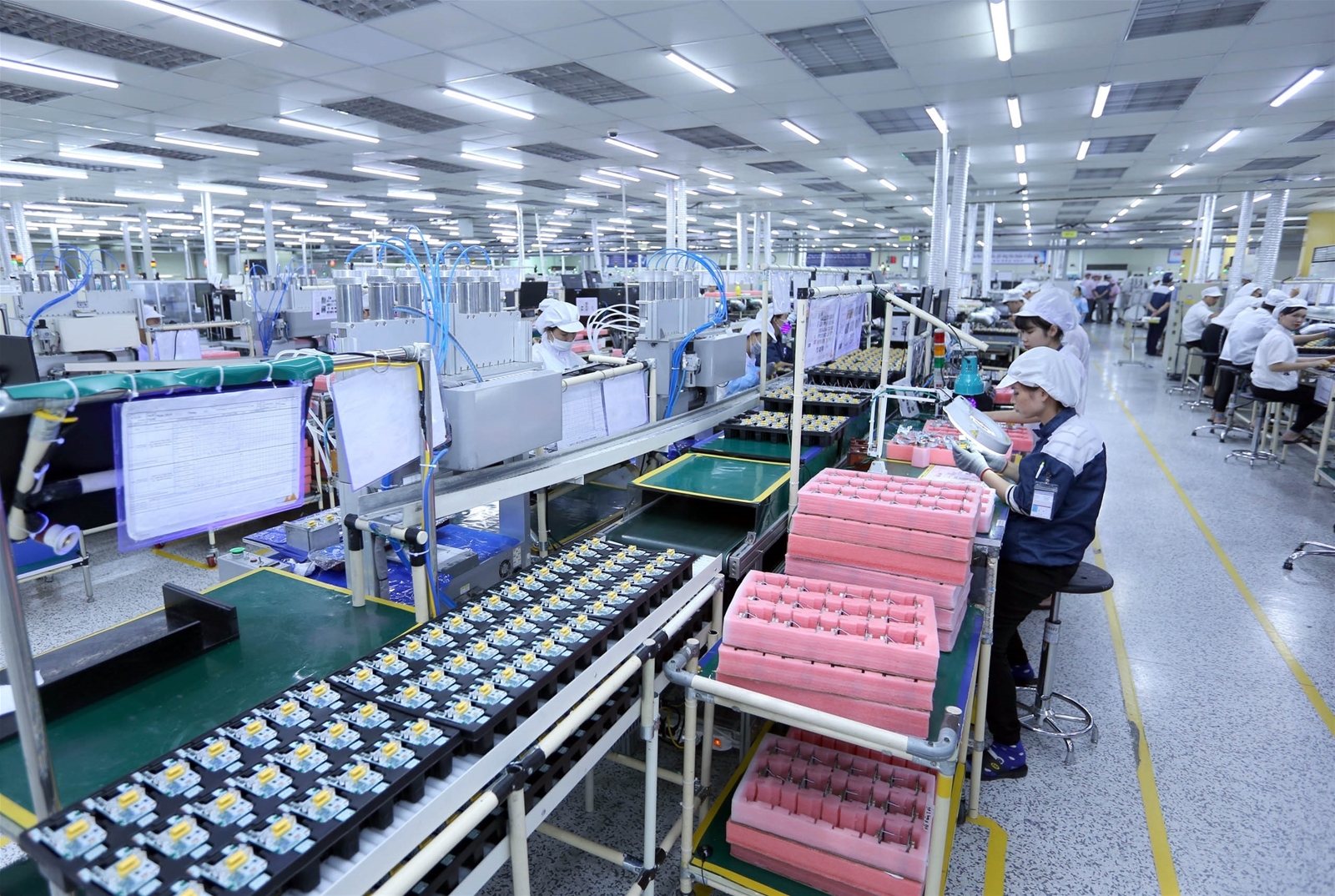
FDI has been a key driver of Vietnam's economic growth.
Companies with FDI account for around 70% of the Southeast Asian country's exports.
Between January and November, total newly-registered and added capital, as well as share purchases and capital contributions hit US$31.8 billion, up 3.1% against the same period in 2018, according to the Foreign Investment Agency under the Ministry of Planning and Investment.
The total foreign direct investment (FDI) disbursement in the eleven months of 2019 witnessed an on-year increase of 7.2%, reaching US$17.69 billion.
Of the figure, US$4.68 billion was poured into nearly 3,478 new projects, up 28.2% in the number of projects year on year. The total newly-registered capital was estimated at US$14.68 billion, equal to 93% of the same period last year.
Besides, 1,256 existing projects were allowed to raise capital by US$5.87 billion, up 20% in the number of projects and just equivalent to 79.3% in capital volume, compared to the same period last year. Almost all capital expansion projects were of a small scale and there was no outstanding capital expansion project of a large scale during the period.

The number of merger and acquisition (M&A) deals has seen an increase in recent years, according to the Foreign Investment Department.
A total of 8,561 share purchases and capital contributions were made by foreign investors with the value of US$11.24 billion in Vietnam during the period.
M&A agreements accounted for 17% of the overall FDI value in 2017, and the figure amounted to 27.8% one year later, while the 11-month period of 2019 witnessed the number of such deals rising by a staggering 47% from one year earlier, making up 35% of the total FDI.
Processing and manufacturing took the lead among the 19 sectors in attracting foreign investors during the January-November period, drawing US$21.56 billion, making up 67.8% of the total FDI pledges. It was followed by property trade at US$3.31 billion (10.4% of the total) and wholesale and retail.

Among the total 107 countries and territories investing in Vietnam, Hong Kong (China) was the largest investor with US$6.69 billion, followed by the Republic of Korea at US$5.73 billion and Singapore at US$4.47 billion.
Hanoi was the largest FDI recipient during the period with US$6.82 billion, accounting for 21.5% of the total. Ho Chi Minh City came second with US$5.48 billion (17.2%), followed by Binh Duong, Dong Nai, and Bac Ninh.
HSBC economists said in a recent report that over the past year, more companies have started to move parts of their production out of China, in a bid to diversify their supply chains.
This shift was already under way, as labor costs in China have risen significantly in recent years, with trade tensions accelerating the process. Lower electricity and water costs, free trade agreements, and preferential tax rates are other draws, they pointed out.
On a relative basis, they said Vietnam has seen higher FDI as a percentage of gross domestic product, compared with other markets in the Association of Southeast Asian Nations.
FDI has shown signs of stabilization in Vietnam, while there have been indications of increased activity in other markets, such as Thailand and Malaysia.


















